Noticia
Means of communication and political elites in Latin America
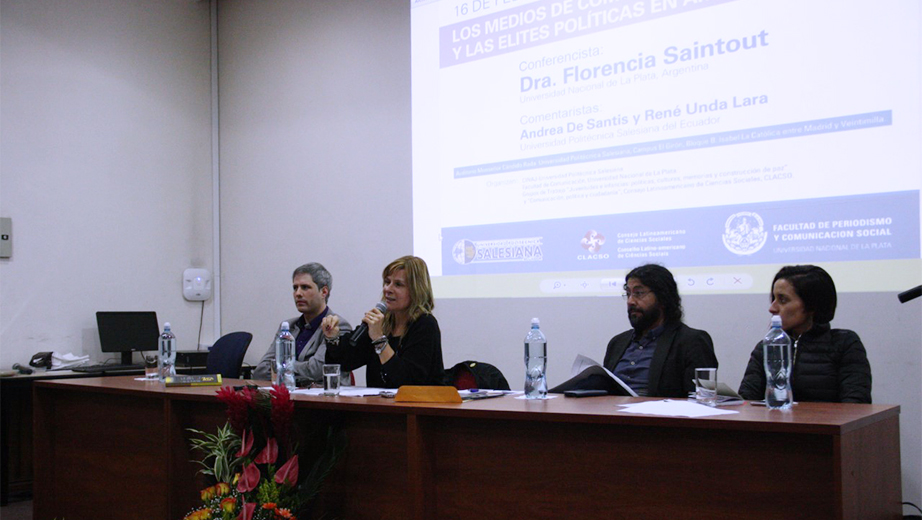
During this historical moment Ecuador is going through and just a few days before presidential elections, the Childhood, Adolescence and Youth Research Group (CINAJ), the Faculty of Communication from Universidad Nacional de La Plata (UNLP), and the groups "Juventudes e infancias: políticas, culturas, memorias y construcción de paz" and "Comunicación, política y ciudadanía" from the Latin American Council of Social Sciences (CLASCO) organized an event to reflect on the connection between communication, politics and emancipation of countries from the region. The aim of the event was to analyze the alliances between the massive means of communication and the political elites in Latin America.
One of the speakers was the Argentinean researcher Florencia Saintout, PhD., dean of the Faculty of Journalism and Social Communication at UNPL. She spoke about communication and its relationship with the dominant powers since the XX century.
She divided this processes into four moments: the first is colonization and epistemicide, where the elites intend to leave Latin America without its knowledge, creating hate and shame within them. Introducing the idea that our countries are not serious, idea that was disseminated in means of communication in the XX century.
In contrast, there were labor union newspapers, an alternative means of communication, that demonstrated information can be created from another place, that there is not only one truth, but other communication in Latin America. A political project of emancipation, that tells forgotten stories, reassessing the conflict, where 8 people have 90% of the world's fortunes.
The second moment is the reinforcement of persecution and the torture of the local and global political right wings that work in favor of domination and looting their own countries. Like in the 70's and 80's and dictatorships of the southern cone: coups, anti-popular governments, persecution of equality movements. Here, means of communication will have infernal power that enable horror and create situations of pain, such as the case of 30,000 youngsters who disappeared in Argentina.
The third moment is on the association of means of communication and neoliberalism which is based on the triumph of capital. There is no longer a society, there are only individuals that take care of themselves, they are "professional haters", said Dr. Saintout. Here, means of communication were able to stigmatize the sectors that fight against and face power, operating with fear with a pedagogy of cruelty presented by the Argentinean anthropologist Rita Segato.
The fourth moment appears unexpectedly and it is the crossing of centuries that created new fights and history was reborn in the name of some governments and presidents. The so called popular governments of the region suggested the redistribution of wealth, memory and justice, the union of Latin America with effective policies. They are characterized by winning in the elections, they suggest democracy, create public laws and policies, question means of communication and demonstrate journalism is not sacred. These presidents question the truth and the state gives voice to people who have not been heard before.
Dr. Saintout finished her talk with a phrase from the Vice President of Bolivia, Alvaro Garcia Linera who said: "These are difficult times, but for a revolutionist difficult times are good. We live from difficult times, we feed from them. Don't we come from below, aren't we persecuted, tortured, neglected from neoliberal times? (…) That's what a revolutionist is for. Fight, overcome, fall, get up, fight, overcome, fall, get up, until life is over, that is our destiny."
Andrea De Santis, UPS professor and web editor, spoke about the role of means of communication in the political life of a country, particularly electoral campaigns. "Latin America still lives an ideological, political and communicative dependency from the north that pretends to strengthen its influence. However, the region began moving differently in the last time period with governments that began regulating communication, good or bad in some contexts they have guaranteed contexts of equity and diversity in the access and production of information:"
Social networks enable a symbolic discourse, they segment the message to certain groups that were not easy to reach in the past. Social networks are not included in any communication law and so they can become a tool to attack or promote the image of a candidate, turning the "screen into the platform of power and the ritual of representation", he said.
Rene Unda spoke about the perversion of a mass media society and the subversions that can be found there such as privileged battle fields in the political contest. He asked: what does the configuration of elites mean in unequal societies? He added that if we do not review the history of means of communication, we cannot understand and explain how they have reached such level of centrality.
Contenidos Relacionados
Contenidos Relacionados
Noticias Relacionadas
Noticias Relacionadas

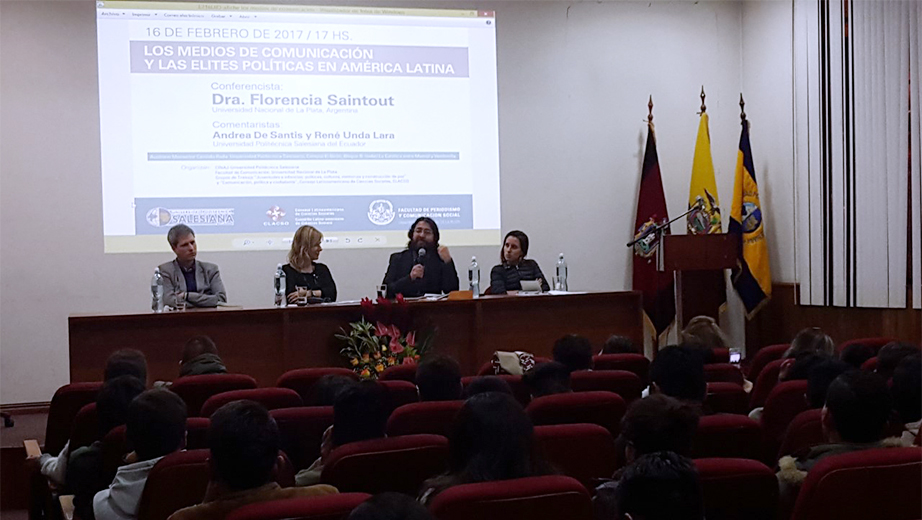
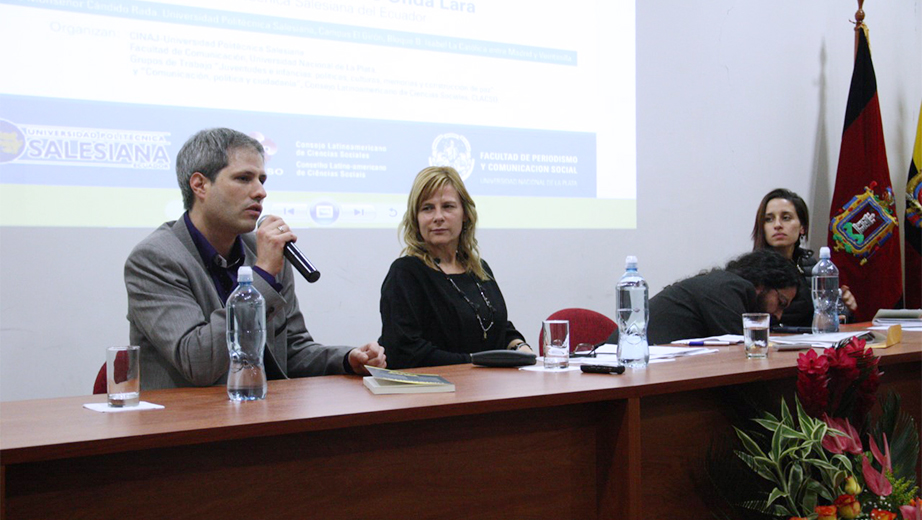


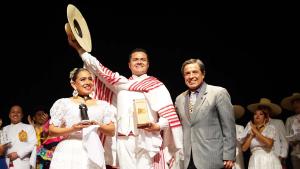
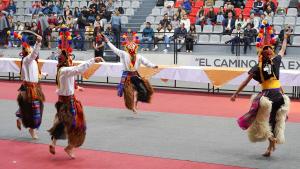
Follow us
Follow us